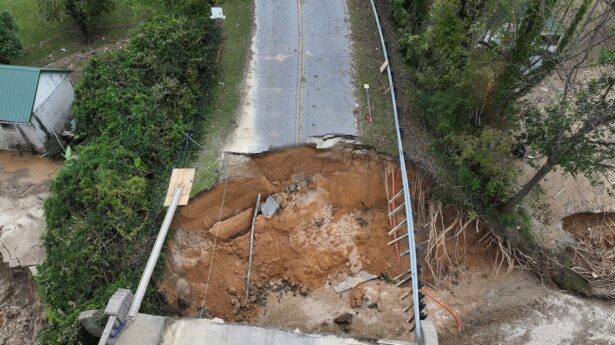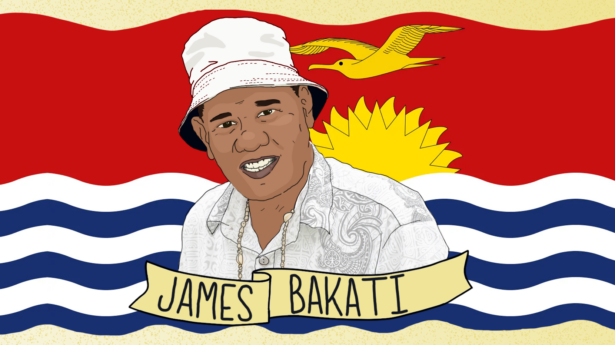The Unitarian Universalist Service Committee advances human rights through grassroots collaborations.
Pacific Rising: The Power of Participatory Decision-Making
By Deanna Johnson on November 8, 2024
For four days in June, climate justice civil society organizations (CSOs) in the Pacific joined together for a convening on the non-economic loss (NELD) that results from climate change. The convening, entitled Pacific Rising: Non-Economic Loss and Damage was developed through the support of a grant awarded by the Scottish government and the Climate Justice Resilience Fund (CJRF).
The grant, provided to UUSC and nine of its Pacific Island partners, seeks to provide support and “develop and implement cohesive visions and plans” for communities addressing NELD with a special focus on participatory grant making and the inclusion of the voices of women and girls. The grant provides $955,000 to support community-based NELD activities over the course of three years. UUSC is working to support Pacific Island partners as they work with communities to protect Traditional Knowledge and culture, advance advocacy to protect communities from rising seas, and other critical NELD adaptation and mitigation activities.
The Pacific Rising convening brought together 10 organizations with three goals in mind:
- Reconnect with each other and strengthen the existing network;
- Reflect on the success, challenges, and lessons from the past year; and
- Engage in a collaborative and participatory design process to establish guidelines for the new FY25 granting cycle.
During the convening, participants engaged in a series of sessions during which they discussed values to guide their work, grant parameters, gender sensitivity and intersectionality, the design of a learning framework, partner support and coordination needs, and guidelines for the distribution of grant funds. The convening emphasized a participatory process and ensured that the grassroots leaders in attendance collectively lead decision-making.
By the end of the convening, participants had a better understanding of NELD concepts, identified their specific needs for learning and partner support, agreed on a fair and culturally appropriate distribution of funding, and developed achievable action items.
Specifically, partners identified the importance of transparency, open communication, flexibility, culturally appropriate approaches and shared alignment and understanding of concepts as key values to hold through the implementation of the grant. Moreover, the nine partners chose to divide the funding evenly among each organization for the first year in the spirit of equality and cultural practices. Lastly, partners also worked to revise CJRF’s existing learning framework to include more intersectional, equitable, and culturally appropriate approaches.
The next step for the Pacific Rising group will be to develop and distribute training resources, coordinate with one another for upcoming tasks, create a WhatsApp group that keeps partners connected, produce social media materials, and provide guidance to funders and governments on responsible approaches to NELD work.
To learn more, check out the convening’s synthesis brief here.
Image credit: UUSC

